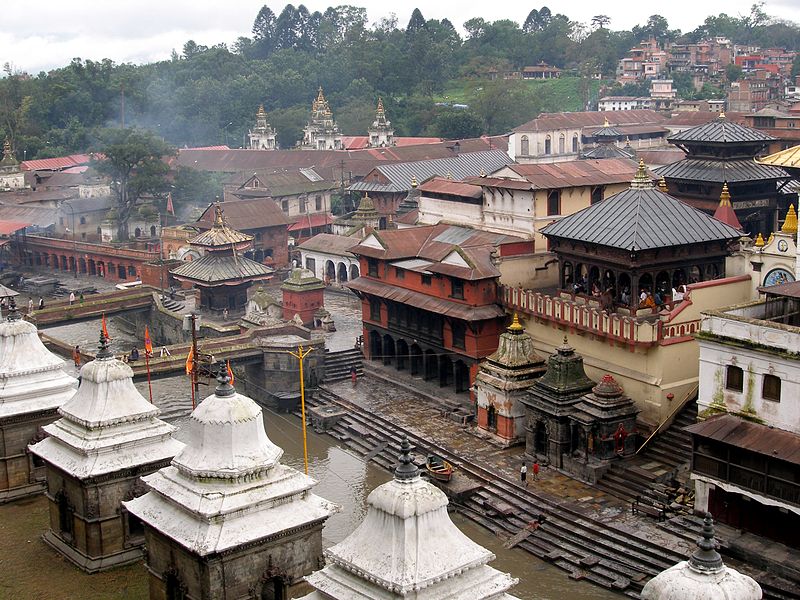
Kali Smith
Historically, Nepal was an official Hindu state predominantly governed by a sovereign leader. In 2008 the Nepali people voted out the monarchy and established the beginnings of what is now known as the Federal Democratic Republic of Nepal.
Nestled along the northeastern border of India, it is not surprising that 81 percent of the Nepali population is Hindu. The remaining 19 percent is dividing among Buddhist (9%), Islam (4%), Kirat (3%), Christian (1%) and other religions (
The Interim Constitution of Nepal, adopted in 2007, officially declares Nepal a secular state. In section 1.3 of the Constitution, it fosters the idea that the government of Nepal recognizes the countries diverse culture and their goal to be inclusive of all groups. “Having multiethnic, multilingual, multireligious and multicultural characteristics with common aspirations and being united by a bond of allegiance to national independence, integrity, national interest and prosperity of Nepal, all the Nepalese people collectively constitute the nation.” Professor Kanak Bikram Thapa, former Dean of the Faculty of Law of Tribhuvan University sheds some cultural light on the cultural interpretation of Nepal’s secularization. He states,
“Although constitutionally Nepal is a multicultural and multireligious secular country, the separation of religion from the state professed philosophy of secularism is not evident. Nepalese social structure is still based on and guided by the old values, norms, customs, and rituals of the Hindu religion…The Interim Constitution of Nepal fails to establish a wall or partition between religion and state. Thus, Nepal is not a secular state (with complete separation of religion from the state) as understood in the West.”
The Constitution allows for freedom of religion, but proselytizing is prohibited. Although proselytizing is not allowed, one may sell or own “religious literature”. Minority religions see the prohibition of proselytizing as an infringement on their right to religious freedom. There are no recognized foreign missionaries in Nepal but there are institutions run by missionaries, such as hospitals, but they do not engage in proselytizing activities.
The law protects a person’s ability to change religions, but the Constitution does not explicitly address this. There seems to be an inconsistency between the report given by the U.S. State Department and the cultural interpretation of the ability of a person to convert from one religion to another. The State Department reported that,
“The law allows personal conversion to a different religion, but the interim constitution and criminal code prohibit proselytizing … NGOs or individuals may report individuals or organizations engaged in proselytism for the government to investigate, but none were reported during [2012] …Those who chose to convert to other religions, in particular Hindu citizens who converted to Islam or Christianity, as a rule were not afraid to state publicly their new religious affiliations.”
Professor Thapa explains what seems to be a cultural interpretation of the Constitution. He says,
“The Interim Constitution of Nepal provides that ‘[e]very person shall have the right to profess, practise and preserve his or her own religion as handed down to him or her from ancient times paying due regard for social and cultural traditions’; yet, the Constitution also stipulates that no person shall be permitted to convert another person from one religion to another. Many (especially non-Hindus) oppose such a restriction and consider it a mockery. Rather, these non-Hindus believe that everyone should have the freedom to choose whichever religion he or she wishes to practice.”
These two viewpoints seem to conflict, perhaps because the State Department’s report is not able to completely capture the social culture of Nepal, or because the culture has shifted significantly between 2010 when Professor Thapa’s article was written and the 2012 State Department report.
With a new constitution pending, there is much discussion about what religious freedom provisions should be included in the new Constitution. Professor Thapa suggests that, “As the Constitution continues to make progress…Nepal should make efforts to forge new approaches that support the development of general moral consciousness and, at the same time, accept all religions and uphold a state that will support and treat all religious communities equally”.